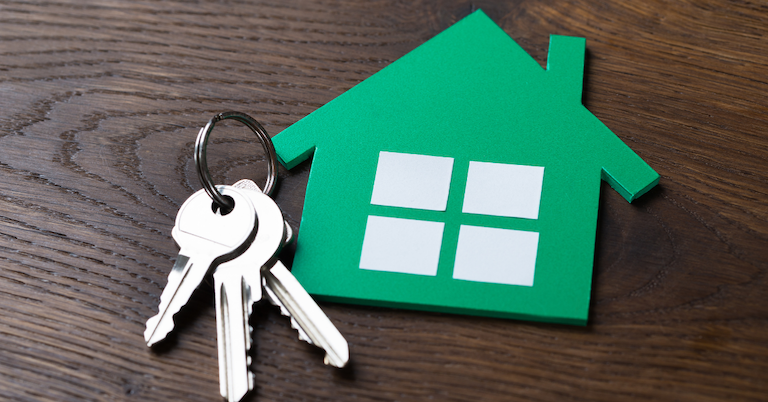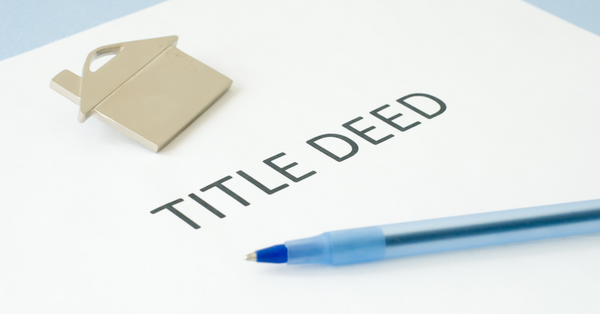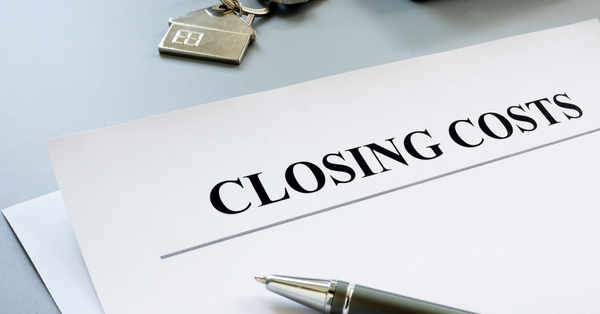Closing day is approaching. Your mortgage has been approved, you’ve found your new home, and your offer has been accepted. While the buying process may appear to be over, there is still much to do before you can officially close on your home and move in. There is a closing timeline to follow to ensure all aspects of the home sale are secure and complete.
What does this closing timeline look like exactly? Well, the closing timeline is different for everyone depending on the home involved in the transactions and the individuals involved in the sale. However, most closings tend to follow the same general timeline.
The closing timeline usually takes 30-45 days to complete, while closing day can take as little as an hour. While the closing timeline may seem overwhelming at first, going through it step-by-step will ensure that you can walk into your home on a moving day with questions answered, negotiations settled, and all paperwork approved.
This guide will help you know what to expect from the closing timeline from contract to closing. We hope these tips help lead you to a successful closing
Step 1: Negotiate and Sign the Closing Contract (1-3 days)
The first step in the closing process is negotiating the various components within the purchasing agreement. If a seller likes your offer, they are likely to negotiate with you on things like the purchase price, the closing date, inspections, and more.
Take the time to negotiate these things with the seller to reach a solution that works for you both. Once complete, sign the closing contract and proceed through the rest of the closing timeline as followed.
Step 2: Submit Your Earnest Money (5-10 days)
After you sign the contract, you will want to submit your earnest money deposit or “good faith deposit”. This sum of money paid essentially shows the seller that you intend to purchase the property. Your realtor will submit this deposit for you to the listing agent who will then put it into an escrow account for safety. The listing agent is usually the one to open the escrow account, but it may also be opened by anyone involved in the transaction.
The escrow account is managed by a third party who is not involved in the transaction.This type of account is designed to protect both the buyer and seller. If all goes well with closing, your earnest money deposit will be applied to your down payment. If you break any part of the contract, the seller can keep the money.
Step 3: Order a Title Search and Title Insurance (2-3 weeks)
Contract is signed and earnest money is deposited, so what next? The next step in the closing timeline involves ordering a title search and homeownership insurance. This can either be done through a title company or a real estate attorney.
Ordering a title search is an important step in the closing process as it ensures that there will be no issues transferring ownership right of a property. If there are issues there or that could be discovered in the future, title insurance will protect you from being responsible.
Step 4: Conduct Home Inspections (7-15 days)
The buyer is responsible for scheduling and conducting home inspections. These inspections are typically agreed upon within the purchasing agreement. While buyers are not required to attend these inspections, it is recommended so that you can ask any questions you may have about the condition of the home or any underlying problems.
The home inspectors will provide you with a detailed report of their findings in which you can work with the seller to repair before moving forward. From there, the seller will have a period of time in which they will complete your requests. If the repairs are extensive or if the seller is unwilling to comply, you may need to move on to another home.
Step 5: Get an Appraisal (5-10 days)
If you are like most buyers and are purchasing your home through a mortgage loan, your lender will most likely require you to get an appraisal for the home you intend to purchase. This is to make sure that neither you or your lender or overpaying.
An appraiser will be able to give you the fair market value of the home. If the home values at or above the purchase price, you are clear to continue with the sale. However, if the appraisal comes back lower than the purchase price, you will want to renegotiate with the seller to find a price that is more representative of the home’s value.
Step 6: Walk Through the Home (1-2 hours)
A few days before closing, you will have the opportunity to do a final walk through the home. In this time, you will make sure that all issues found in the inspection are repaired and that the home is cleared of the seller’s belongings. This way you can move right into your new home without any unwanted surprises.
This is also the same time that you will be provided your closing disclosure which will outline your final costs and loan terms. After signing this disclosure, you can proceed with closing.
Step 7: Plan What You are Bringing to Closing (1 hour)
While most of the documents that you will review and sign will be presented to you on closing day, there are a few things you will have to bring with you. Make sure you have some form of identification whether that be a drivers license, passport, or government issued ID. You should also bring along your cashiers check with the money amount from the closing disclosure, as well as the closing disclosure itself.
Other things you will want to bring is your proof of homeownership insurance, along with a list of contacts that may be needed if issues come up at closing and they are not present. This might include your real estate agent or your closing attorney.
Step 8: Attend Your Closing (1-2 hours)
The big day is finally here! Closing day is the most exciting moment for any homebuyer. On this final day, you will sign off on all final documents and present a check with the determined price from your closing disclosure. Your money will be distributed from the escrow account to the receiving party and you will be handed the keys to your new home.
As mentioned, the closing timeline differs case by case. Some buyers prefer to take extra steps like hiring a closing attorney, or getting pre-approved if they have not already done so. In addition to following this closing timeline, be sure to keep up with your documents and stay on top of dates involved with the purchase of your new home.
Like all steps involved in real estate transactions, the closing process is always made easier with the help of an experienced agent. A number of things can go wrong during the closing process. However, having a real estate agent by your side can guarantee that your home closing will be a smooth one.
At SimpleShowing, we’ll connect you with one and you’ll qualify for our Buyer Refund program, which gives you $5,000 on average that you can put towards your closing costs. Contact us to learn more about our process and how you can save.
Conclusion
In the intricate path of a real estate transaction, understanding the house closing process is vital for home buyers. From the initial signing of the purchase agreement to the review of closing documents, every step needs careful attention. Real estate agents, the mortgage company, and escrow company all play significant roles in ensuring a smooth process. Whether it's securing homeowners insurance or making sure the buyer's credit report is in order, the collaborative effort minimizes closing delays and paves the way for a successful real estate deal.
Final paperwork, closing on a house, and every nuanced detail in between must be meticulously managed. Working closely with experienced real estate professionals ensures that everything is in order when it's time to close on a house. By having all parties collaborate effectively, the often-complex process becomes more manageable, allowing home buyers to transition into their new home with confidence.
In conclusion, the journey from the purchase agreement to closing on a house is filled with critical steps that require precision and attention. Emphasizing the importance of collaboration between all parties involved, such as real estate agents, mortgage company, and escrow company, can make the difference in a timely and efficient closure. Understanding each element, from closing documents to securing homeowners insurance, empowers buyers to navigate the complexities of a real estate deal, ensuring a smooth transition into homeownership.






